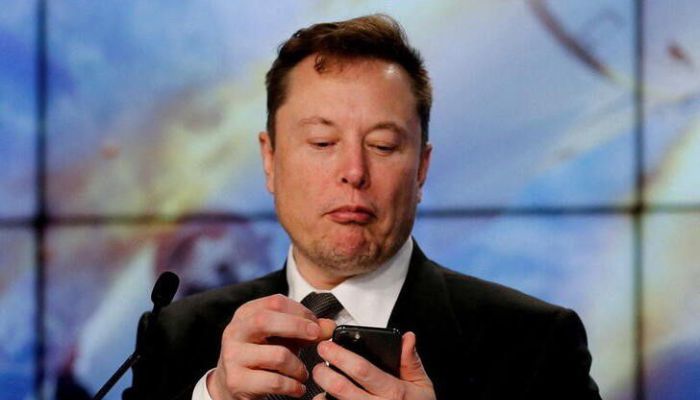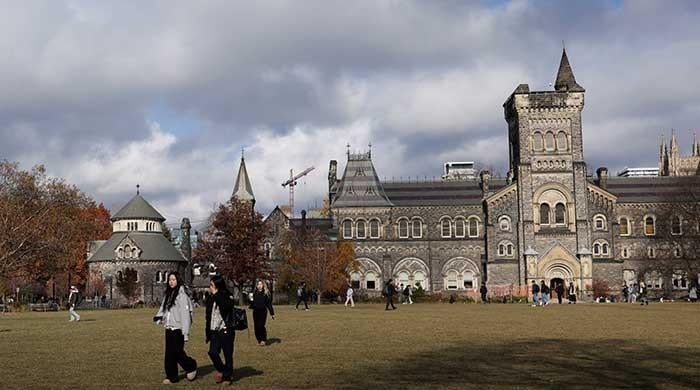Explainer: Can Elon Musk renegotiate a lower price for his Twitter deal?
Tesla's stock would be under less pressure if Musk can negotiate a lower acquisition price
May 11, 2022

- Twitter shares plunged to lowest since company sold itself to Musk.
- Musk has not indicated he is planning to re-open negotiations.
- Due to 27% drop in Tesla shares, he may have to sell more shares.
Twitter shares have plunged to their lowest level since the social media company agreed to sell itself to Elon Musk for $44 billion on April 25, raising questions over whether the world's richest person will try to renegotiate the deal.
On Tuesday, the implied probability of the deal closing at the agreed price fell below 50% for the first time, when Twitter shares dropped below $46.75. That is halfway between the deal price and the price of the shares before Musk revealed he had amassed a stake in the social media company on April 4.
The shares closed at $47.26, giving the company a market value of $36 billion.
News that Musk would lift a ban on former President Donald Trump's Twitter account, while significant politically, did not move the stock.
Twitter shares have plunged along with the wider collapse in technology stocks, as investors fretted over inflation and a possible economic slowdown. Some investors, such as short seller Hindenburg Research, have speculated about whether Musk would try to negotiate a lower deal price before closing.
Musk has not indicated he is planning to re-open negotiations and his representatives have declined to comment on the issue.
Why would Musk want to renegotiate the deal?
Musk has an estimated net worth of almost $240 billion according to Forbes, yet most of his wealth is tied up in shares of Tesla, the electric car maker he leads.
Musk has already moved to raise some cash to fund the acquisition of Twitter. He sold $8.5 billion worth of Tesla shares and took out a $12.5 billion margin loan secured against his Tesla stock. Last week he reduced that margin loan to $6.25 billion after bringing in co-investors. Musk said in a regulatory filing he may seek more funding for the deal.
While Musk has said he does not care about the economics of buying Twitter, some investors think the 27% drop in Tesla shares since he revealed his stake is driven partly by concerns he may have to sell more shares. Therefore Tesla's stock would be under less pressure if Musk can negotiate a lower acquisition price. Some co-investors may egg him on if they become concerned about overpaying.









